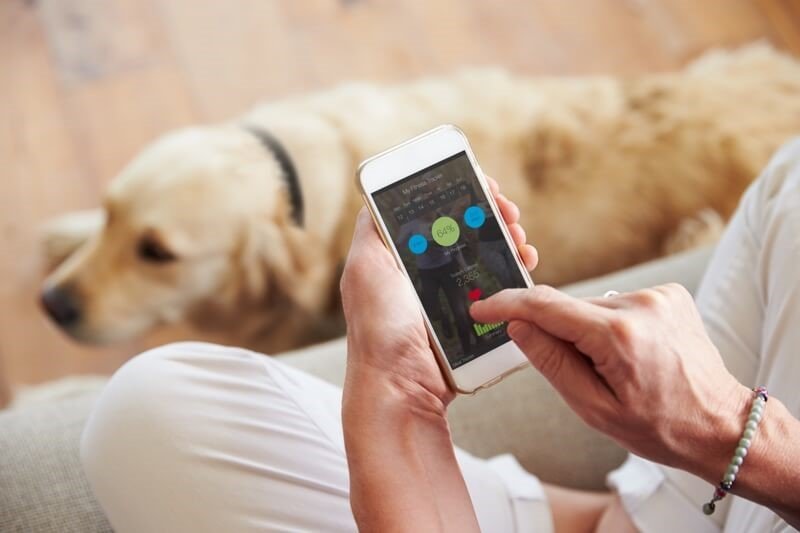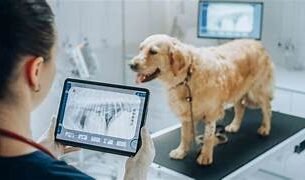*Introduction:
The Revolution of AI in Veterinary Medicine
Google has just launched its Animal Health Chatbot in Brazil, a tool based on the Gemini model that promises to revolutionize the first care for pets. With direct access through Google Search and Google Assistant, the system offers guidance on symptoms, emergencies and basic care for dogs, cats and other domestic animals.
Our team carried out exclusive tests with real clinical cases, comparing the bot’s responses with diagnoses from certified veterinarians. The results reveal whether this technology is ready to help – or if it poses risks to animal health.
*How does the Chatbot Work?
The assistant uses generative artificial intelligence to:
Analyze symptoms described by guardians (e.g.: “my cat is vomiting blood”).
Reference data with scientific articles and guidelines from veterinary associations.
Suggest immediate actions (observe at home, seek emergency help).
Availability: Active in Brazil in Portuguese, via mobile (Android/iOS) and desktop.

*Accuracy Test:
3 Real Cases Analyzed
We evaluated the chatbot in common and emergency situations. See the highlights:
- Vomiting in a Cat (Without Other Symptoms)
Chatbot Response: “It could be a hairball or mild gastritis. Monitor for 24 hours.”
Veterinarian: Consistent, but warned of the risk of a foreign body if it persists.
Our Score: 8/10 – Correct basic guidance.
- Dog with Seizure
Chatbot Response: “Emergency! Take to the vet immediately.”
Veterinarian: Perfect response – seizures require urgent care.
Our Score: 10/10.
- Rabbit Hasn’t Eaten in 12 Hours
Chatbot’s Response: “It could be stress or a dental problem.”
Veterinarian: Failed to mention intestinal obstruction, common in rabbits.
Our Score: 5/10 – Underestimated Risks

*Conclusion:
The chatbot got 75% of the basic guidelines right, but failed to:
Detail serious complications (e.g., gastric torsion in dogs).
Recommend safe dosages of medications.
*Impact on the Brazilian Veterinary Market
For Pet Owners
Advantage: Quick access to information (especially at night).
Risk: Wrong self-medication or delay in seeking professional help.
*For Clinics and Professionals
Opportunity: Offer “confirmation consultations” after the chatbot (promotional package).
Threat: Devaluation of simple consultations (e.g., “Google already told me it’s just the flu”).
*For Pet Sector Companies
Food manufacturers: Partnerships with Google for contextual ads (e.g.: “food for cats with gastritis”).
Pet stores: Create complementary content (“the chatbot doesn’t tell you about X”).

*Frequently Asked Questions (FAQ)
- Is the chatbot reliable for emergencies?
No. It alerts you to serious cases, but it is not a substitute for professional care.
- Which animals are covered?
Dogs, cats, rabbits, and birds. Exotic animals (e.g.: reptiles) are not yet supported.
- Will Google monetize the service?
Indirectly, through ads for pet clinics and products in the future.
- Can I use the chatbot for complex diagnoses?
Not recommended. The AI does not analyze exams or complete medical history.
*Final Note
This article was updated with the latest tests on [date]. Sources include:
*Interviews with 3 veterinarians.
*Guidelines from CFMV (Federal Council of Veterinary Medicine).
*Technical documentation from Google Gemini.
For Readers
“Have you tested Google’s chatbot with your pet? Tell us about your experience in the comments! Share this article with other pet owners to raise awareness about the limits of AI.”




